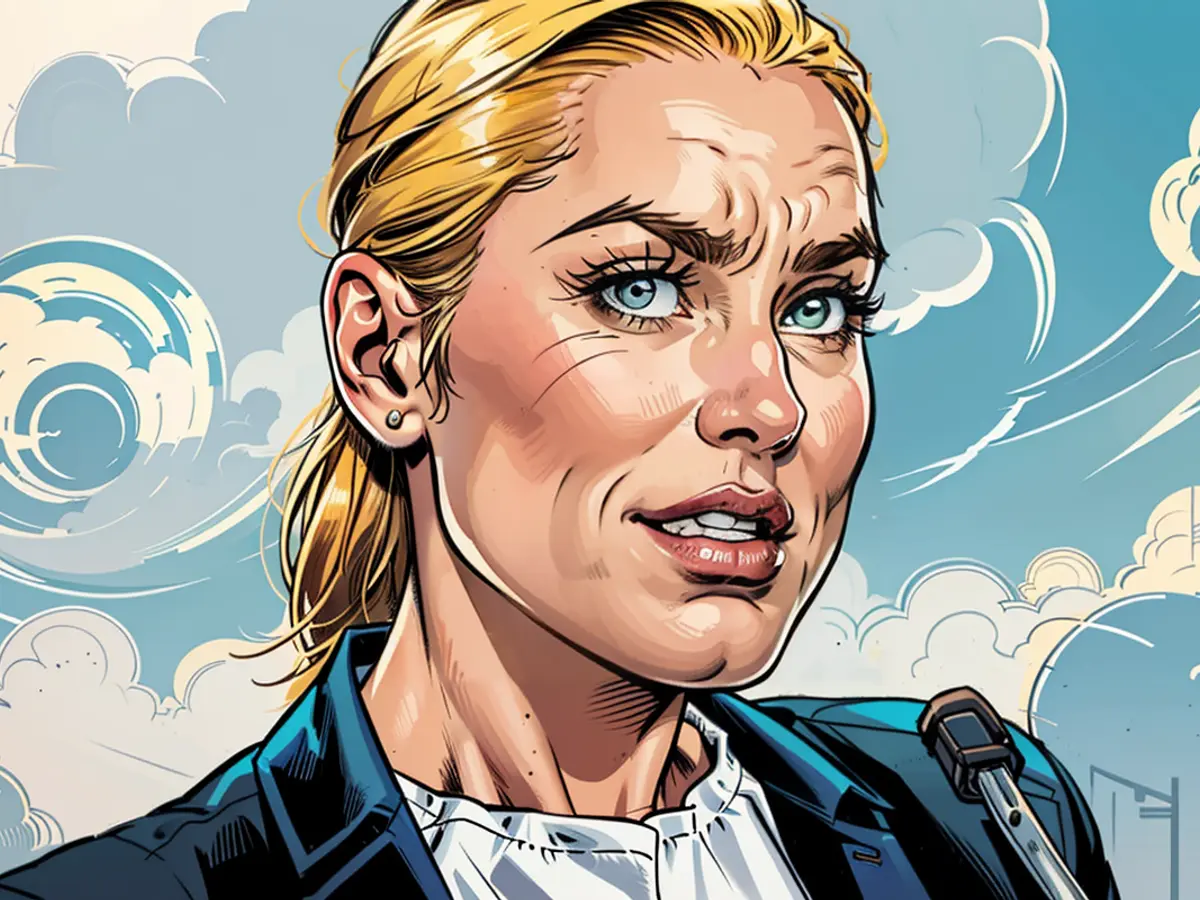Agriculture - Animal welfare officer demands improvements in facilities
In the planned novel of the Animal Protection Law, Bundestierprotector Ariane Kari sees significant need for improvements. The proposed regulations are not sufficient, she stated on Tuesday during her first-year balance.
Specifically, Kari criticized the planned exceptions to the tethering ban in livestock farms. "I'm for a complete ban," emphasized the Animal Protection Officer. The draft bill, which the cabinet passed two months ago, allows for cattle, goats, and donkeys to be tethered in principle, but there is also a provision for smaller farms and the widespread tethering practice of cattle in Southern Germany.
More protection for piglets' tails?
The draft bill is expected to be discussed in the first reading in the Bundestag in September. Kari hopes for amendments in the parliamentary procedure - also regarding the regulation for tail docking. The proposed ban on lambs she would like to expand to pigs after a transition period. Exceptions are still planned in this regard.
Furthermore, Kari wishes for improvements in video monitoring in slaughterhouses. In her opinion, it would be "reasonable and appropriate" to include smaller businesses, not just larger slaughterhouses.
Kari is the first Animal Protection Officer of the Federal Government. She took office in June of the previous year. In her opinion, there is still "enormous potential for improvement in nearly all areas."
- Kari expressed concern about the insufficient protection for cattle, goats, and donkeys under the proposed Animal Protection Law, advocating for a complete tethering ban.
- The Federal parliament, or Bundestag, will discuss the draft bill of the Animal Protection Law in September, providing an opportunity for amendments, including strengthening the regulation against tail docking in pigs.
- The federal parliamentary procedure should consider expanding the proposed ban on tail docking from lambs to pigs after a transition period, according to Kari's vision.
- Kari advocates for video monitoring improvements in slaughterhouses, suggesting that it would be reasonable and appropriate to involve smaller businesses, not just larger ones, in this regard, contributing to animal protection in Germany's agriculture sector.








